1. Practice MORE
It’s fair to say we’d all like to play more often and make noticeable improvements, but all too often life gets in the way. Try carving out some time to practice. Set yourself an allotted amount of time; be it 45 minutes, an hour or even two. Of course, it won’t work for everyone – especially if you like to play when inspiration takes you – but if there’s a specific piece of music or technique you want to master, then repetition is the only way to go about it. The only downside is that it might mean less time binge watching your way through a Netflix show, but the rewards will be apparent in your playing.
If you just can’t find more time to practice, try practising smarter. Identify weak spots or skills you’d like to develop. Split your sessions into four sections: warming up, technique training, learning new music and playing a piece you know. Efficiency is key.
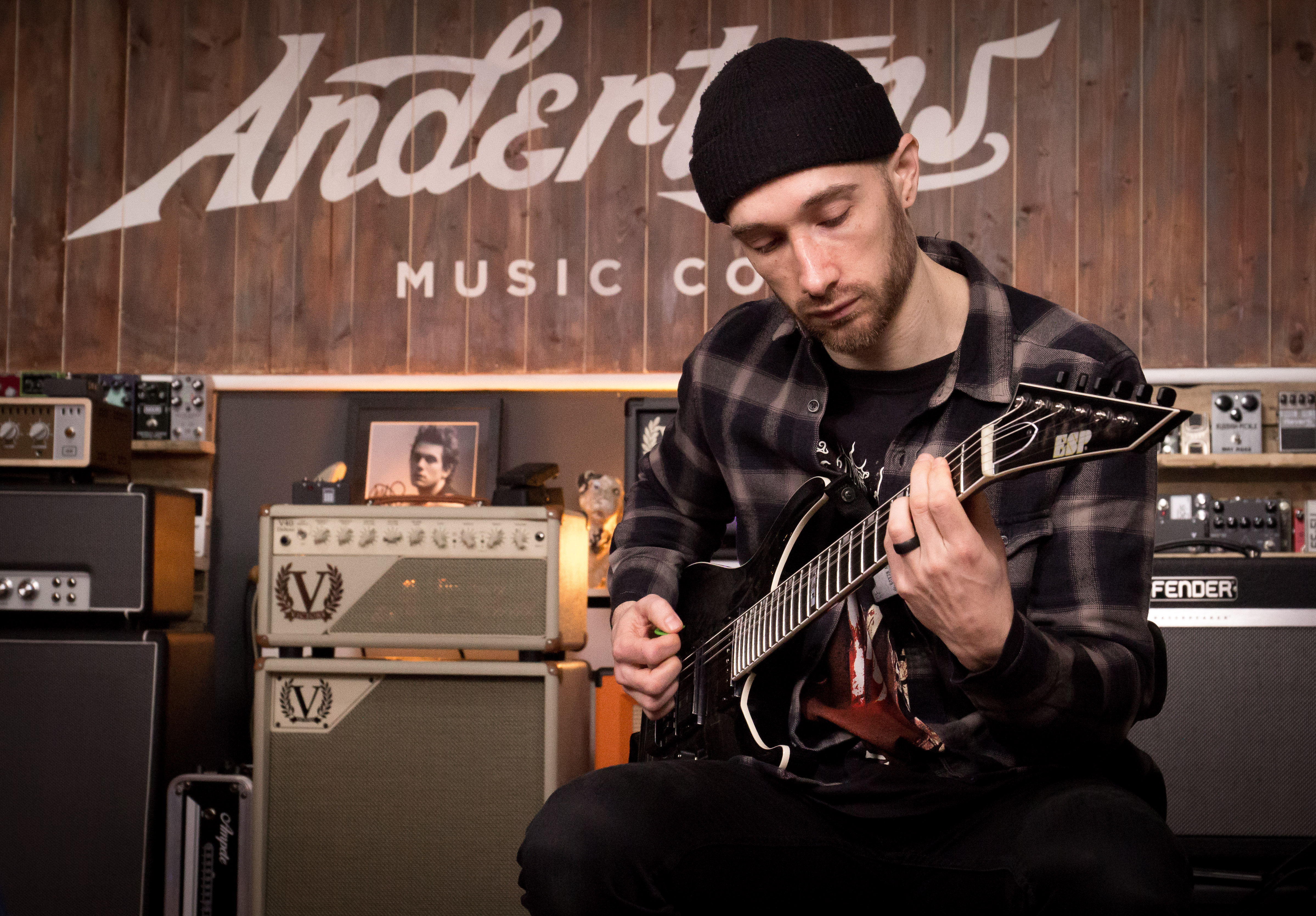
2. Learn a New Song
Have you ever heard a song and thought, “I’d love to be able to play that, but I don’t think I have the ability to pull it off”? Sometimes the best way to make bigger improvements is to focus on a piece of music you’d consider to be above your current skill level.
Come out your comfort zone and aim to learn something that requires a little more focus than usual. We all hit barriers where we feel we aren’t advancing as much as we should be, so nailing a song that incorporates a challenging technique will go a way to showing yourself you can always improve.
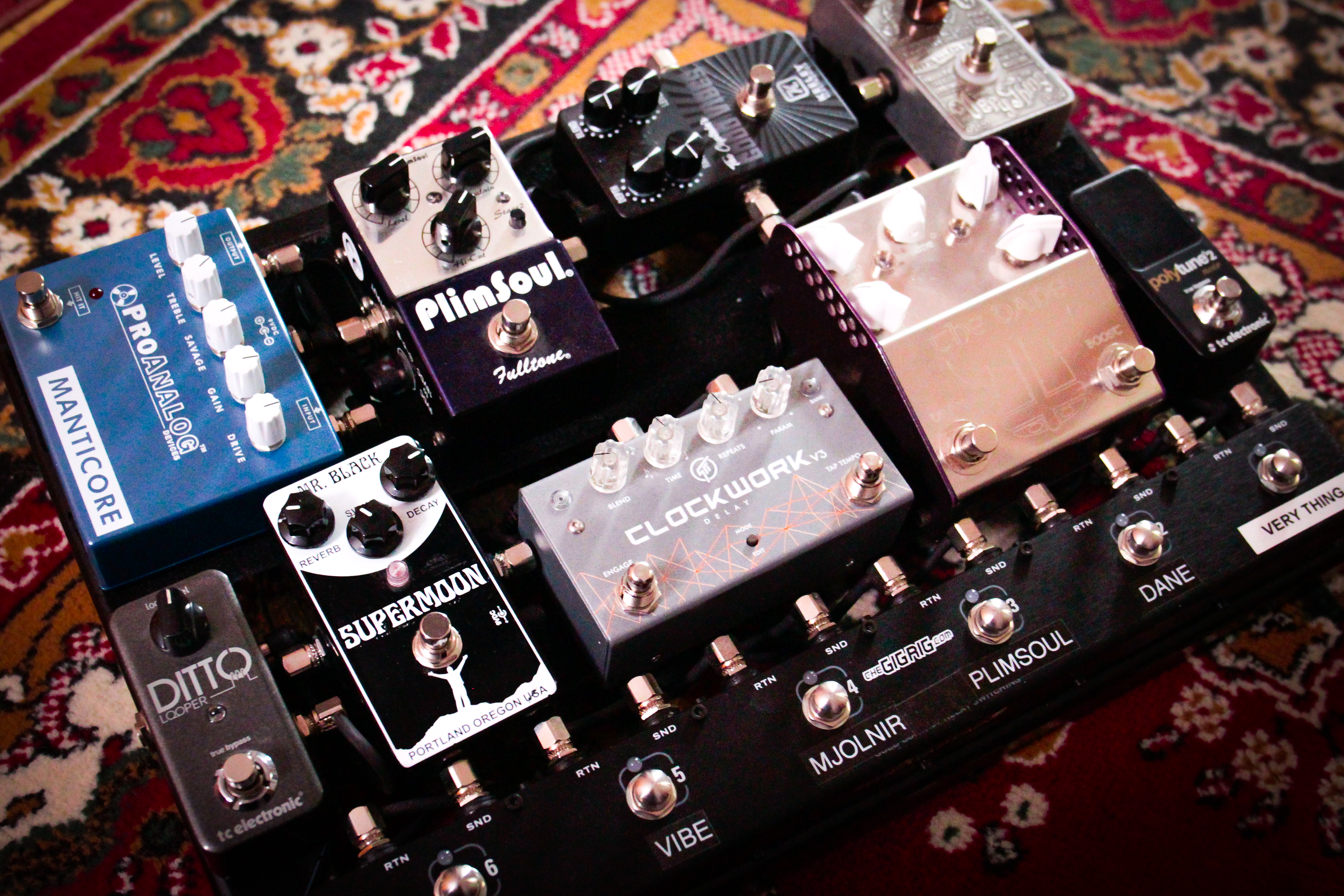
3. Finish Building your Instrument Rig
Do you feel like your sound is incomplete? You should fill out your rig with the instrument, effect or recording gear you’ve been pining over. When things get sonically stale, your playing can as well. Tweak some tones and add something new to the setup.
Both guitarists and keys players have an almost endless list of gear to potentially add to the shopping cart. Why not try an effects pedal? They’re easy to use, they massively expand on the sounds in your arsenal and are available across a wide price bracket. That new tremolo stompbox might inspire you to write the biggest riff of the decade.
Synth enthusiasts also have a catalogue of tech to explore in the form of eurorack modules, drum machines and all-encompassing workstation.
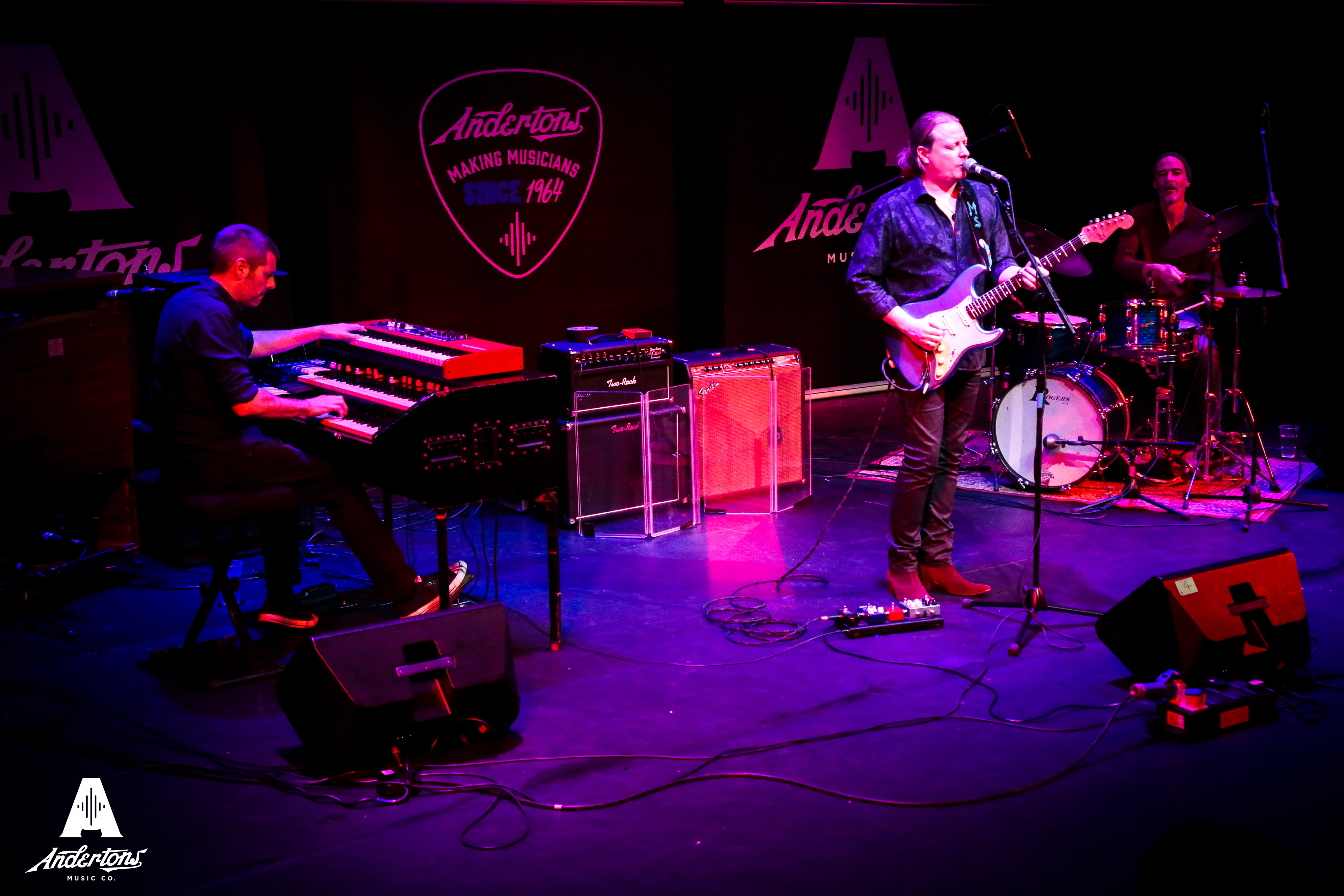
4. Explore Different Music Genres
Inject some new music into your playlists! Listening to a variety of genres will help you to branch out on your influences. Many of our favourite musicians listen to a wide range of genres, and there are even cases for some not even listening to the style of music they play themselves. There are so many easy ways to find new music. Here are some of our favourites:
- Spotify Artist Radio and Discover Weekly – The Spotify artist radio feature finds new artists you haven’t heard in similar genres to what you already like, all based on previous plays. Discover weekly is where you’ll come across totally new music and new genres.
- Listen to podcasts – Aside from the Andertons Music Podcast, there are some great pods out there like Song Exploder or Sodajerker and Guitar Nerds which discuss music in a wide variety of contexts, from music theory to music reviews.
- Go to gigs – Gigs are a great way to appreciate live musicianship and to discover new artists. You might even meet a few musicians backstage after the gig. Support bands usually have some level of connection to the main act, so there’s a good chance you’ll like them too.
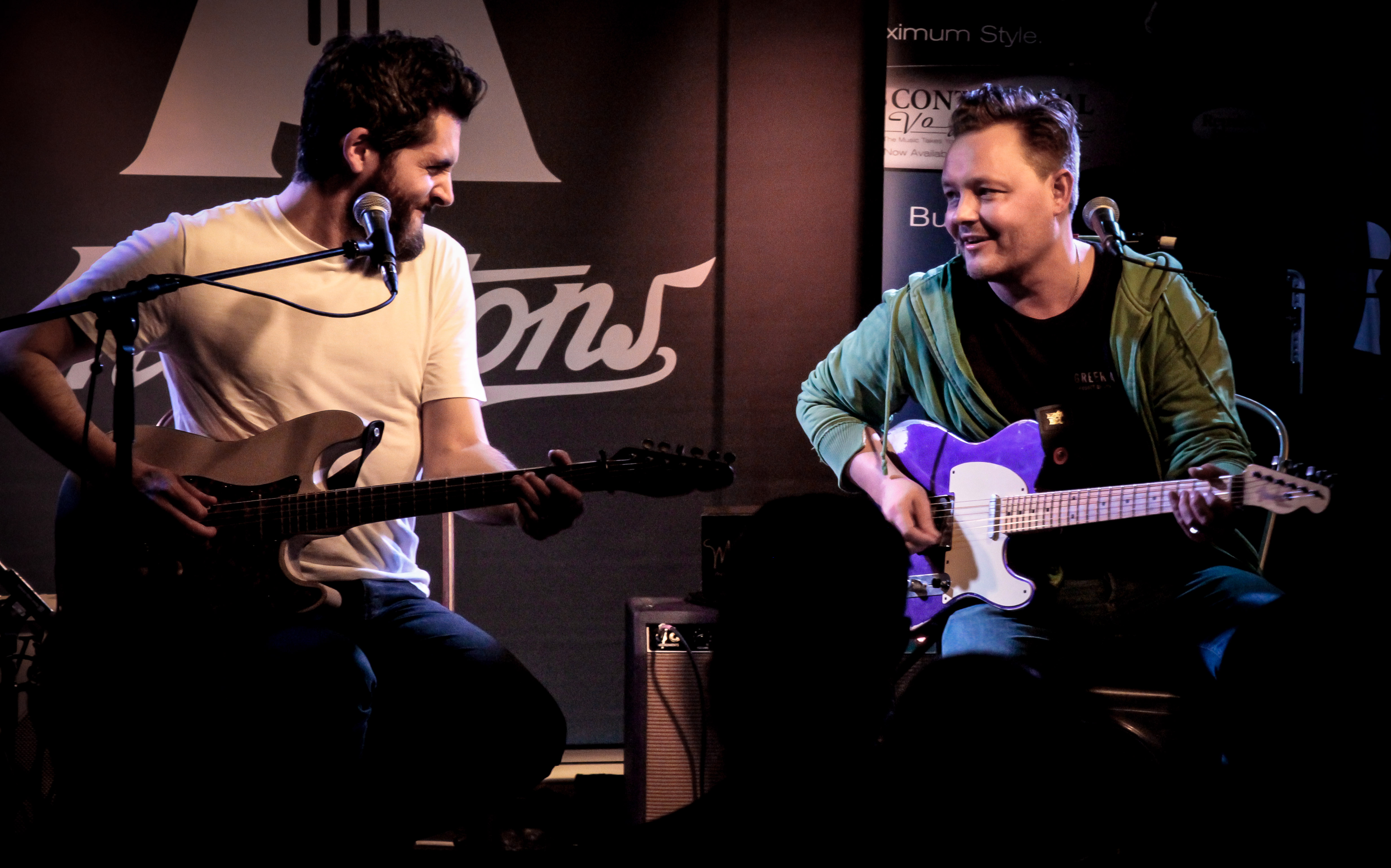
5. Write New Music
Writing music is one of the most rewarding aspects of being a musician, but sometimes it’s difficult to find a foothold to expand on existing ideas. Momentum is key in developing one snippet into a full chorus, song, EP or album. If you’ve got a solid foundation, run with it until you’ve got something to show.
Keep any kind of musical gadget on you where possible to record ideas on the go, like a Teenage Engineering Pocket Operator or handheld recorder. There’s nothing worse than when an idea passes you by. Take notes and label clearly to keep track of your best ideas. If all else fails, use your phone to stockpile clips and melodies that pop into your head. If Hendrix was writing song lyrics on napkins, you know it works.
Jam with friends. Find like-minded players who share an interest in creating a similar style of music. Writing as a duo or group is great fun and often helps to fill in the trickier blanks that you might not have been able to tackle on your own.
Take notes and label clearly to keep track of your best ideas. If all else fails, use your phone to stockpile clips and melodies that pop into your head.
6. Recording More Music
Noodling away on your guitar can be a nice way to unwind after a difficult day. But after a while, playing the same songs, scales and patterns can grow old. It’s so important to give your playing a purpose. Recording is a guaranteed way to make the most of your creative instincts.
If you’re already a songwriter, you’ll know how putting your ideas down onto metaphorical paper means they’re never lost in the depths of your subconscious. Dedicated recording software allows you to refine your music; to develop something as simple as a two chord riff into a full-fledged song. Try multi-tracking to add layers and additional melodies, and make use of virtual instruments to provide accompaniment you couldn’t otherwise play. Once you develop an original piece of music, you’ll find yourself feeling motivated to create more – and play your instrument with intent.
7. Learn to Play a New Instrument
Learning to play a new instrument can be a monumental task, but you’ve done it once before. You know how taking on the challenge is absolutely worth it. This is the best way to develop your musical understanding and keep up motivation.
The learning process requires focus, discipline and plenty of brainpower – and this isn’t a bad thing! Your perception of the music you’ve heard hundreds of times before will change and you’ll probably find yourself interested in new artists.
Being able to make music using multiple instruments is also a massive bonus as both an amateur songwriter and professional musician. You’ll approach songwriting from a different perspective. You’ll become more knowledgeable in building songs, incorporating a variety of sounds and blending them coherently from a technical standpoint.
Guitarists looking to adapt quickly to a new sound might find a bass guitar or an acoustic instrument like a ukulele a great place to start. For keys players, your musical direction might take you naturally into synth territory or onto the likes of drum machines and sequencers.
If you enjoyed this read, check out more of our Learn and Industry articles.
Fancy some new gear for the new year? Shop over 1000 price drops in our January Sale!


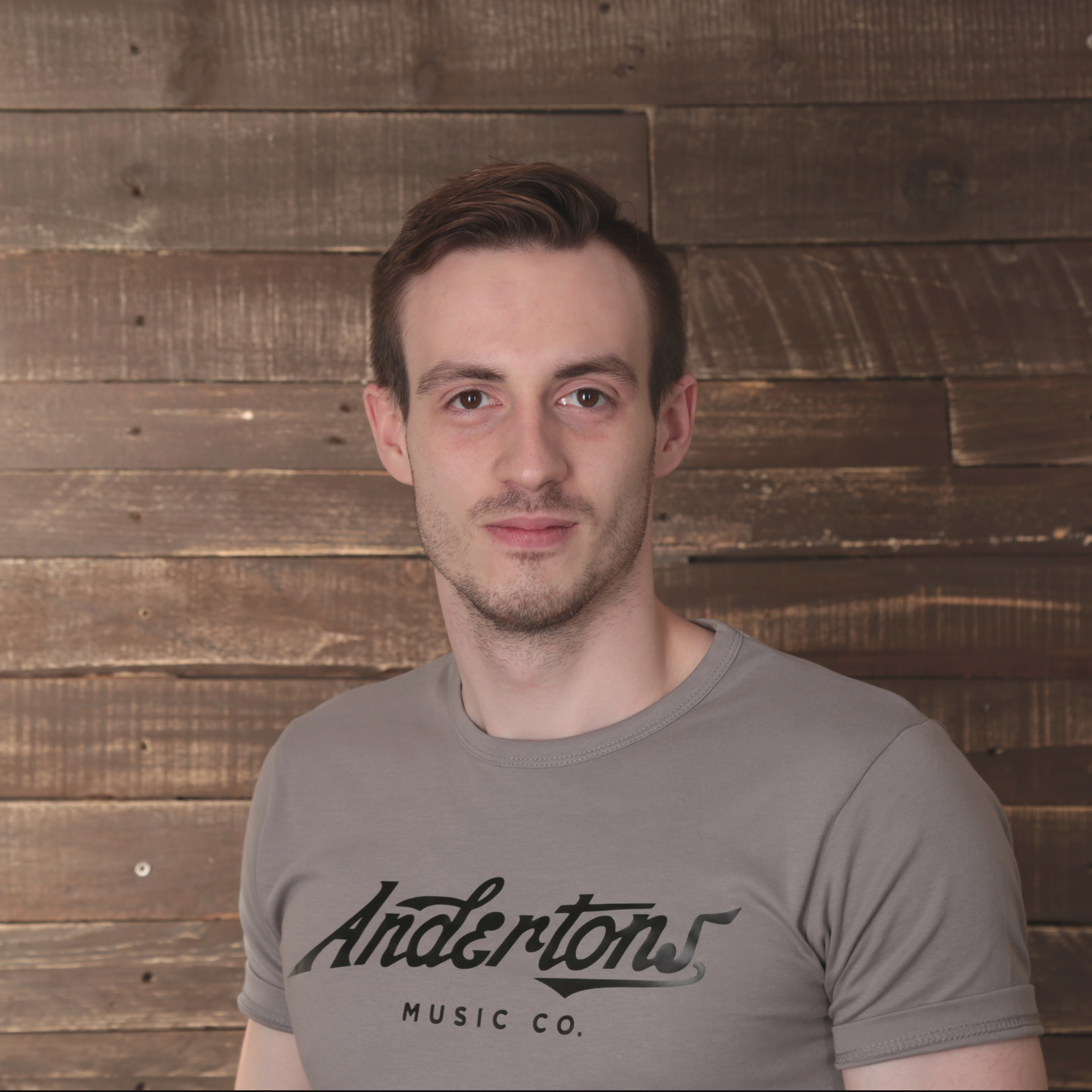




Responses & Questions